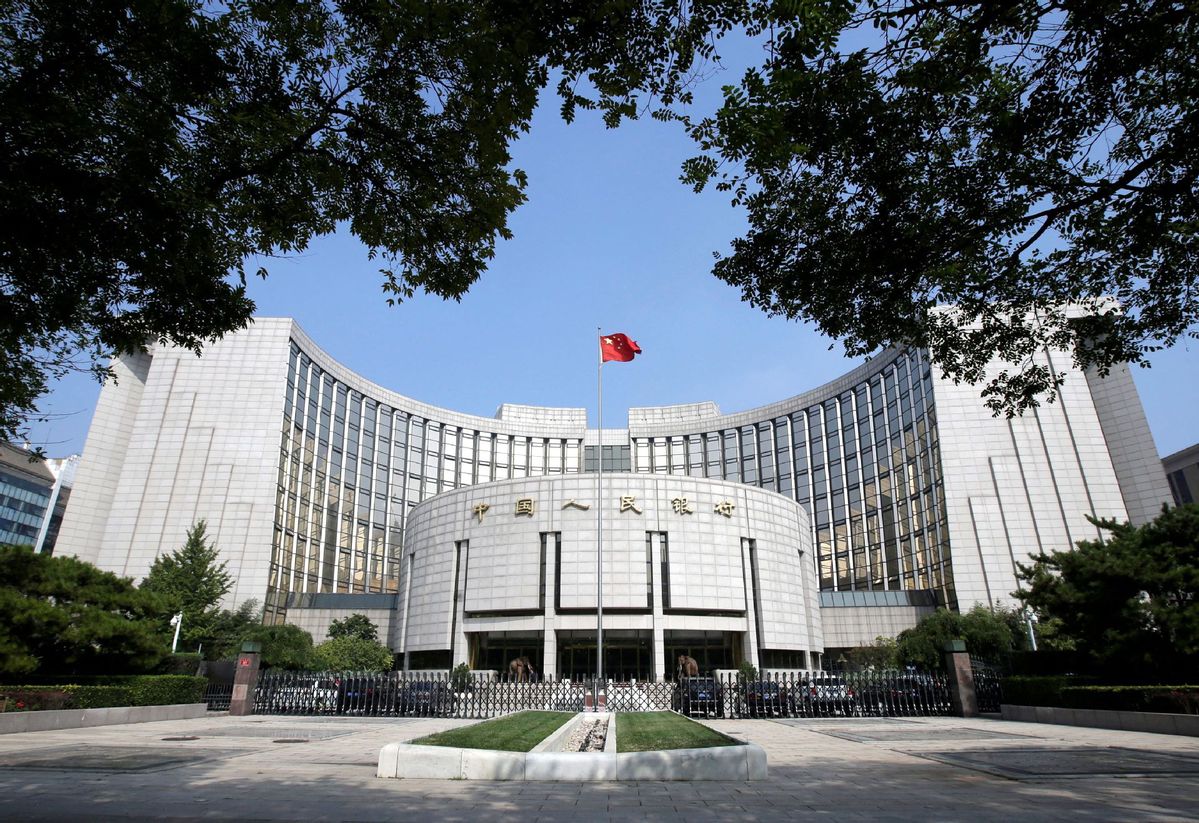Economy to get greater financial policy support
Central bank cuts key interest rates to boost investment, consumption


Editor's note: The third plenary session of the 20th Central Committee of the Communist Party of China has unveiled a road map for further comprehensively deepening reform in various sectors to advance Chinese modernization in the new era. China Daily is running a series of stories focused on specific reform measures and the implementation of the measures in different sectors and localities.
China cut key interest rate benchmarks on Monday, demonstrating policymakers' strong commitment to strengthening macroeconomic policy support and putting into effect the measures outlined last week at a key meeting of the central leadership of the Communist Party of China, economists and analysts said.
With the top-level meeting having mapped out reforms to bolster financial support for the real economy, they said China will likely take more action soon to enhance the effectiveness of interest rate adjustments and strengthen the capital market's ability to serve innovative enterprises as well as investors.
On Monday, the People's Bank of China, the nation's central bank, lowered the interest rate on seven-day reverse repurchase agreements or reverse repos — which serves as the short-term policy benchmark of interest rates — from 1.8 percent to 1.7 percent. The seven-day reverse repo is a central bank tool to inject liquidity.
Loan prime rates, China's market-based lending rate benchmarks, also dropped on Monday. The one-year LPR came in at 3.35 percent, after staying at 3.45 percent for 11 months. The over-five-year LPR, on which lenders base their mortgage rates, was lowered by 10 basis points to 3.85 percent.
Analysts said the move will help boost investment and consumption by easing financing costs, as basic calculations indicate that Monday's cut can save about 55 yuan ($7.55) in monthly payments for a new homebuyer taking out a 30-year, 1-million-yuan mortgage and thus help improve homebuying demand.
The cut aligned with the call from the third plenary session of the 20th CPC Central Committee, which concluded on Thursday, to remain firmly committed to accomplishing the goals for this year's economic and social development.
To achieve this year's fiscal spending target, Zhang Bin, a senior researcher at China Finance 40 Forum, a top think tank, said that China needs to issue additional government bonds in the second half beyond its initial plan, either as central or local government bonds.
This is because local governments' difficulties in generating adequate revenue have impeded the country's fiscal spending, which has in turn exacerbated the challenge of insufficient demand, said Zhang, who is also a national political adviser.
Guo Kai, executive president of the CF40 Institute, a research institute affiliated with the think tank, said there remains more scope for interest rate cuts to counter slowing economic momentum, adding that Monday's cut also marks a step forward in market-oriented monetary policy transmission.
The resolution adopted by the plenary session called for accelerated efforts to improve the central bank system and the monetary policy transmission mechanism, as part of wider financial system reform.
Lou Feipeng, a researcher at Postal Savings Bank of China, said future reforms in monetary policy are needed to clarify the short-term interest rate corridor and its mechanism for transmission to long-term rates.
"Central bank transactions in treasury bonds are also likely to start and expand in response to market conditions to manage the treasury bond yield," Lou said.
Capital market reform would also be a focus of the upcoming financial system reform, analysts said, especially as the resolution has called for improving the functions of the capital market to give balanced weight to investment and financing.
Yan Xiang, chief economist at Huafu Securities, said that it can be learned from the resolution that reform will be deepened in the capital market, aiming to boost investors' confidence, enhance market efficiency and lower risks in the entire economic system.
"The capital market plays a significant role in serving the real economy, nurturing technology innovation and supporting new quality productive forces. It is for these reasons that the resolution has stressed the need to complete the capital market's basic mechanisms," he said.
Liu Tao, deputy head of the Guangkai Chief Industry Research Institute, said that, specifically, bars may be raised for floating on the A-share market's main board and ChiNext at the Shenzhen bourse. Meanwhile, differentiated delisting rules may be introduced for different boards.




































